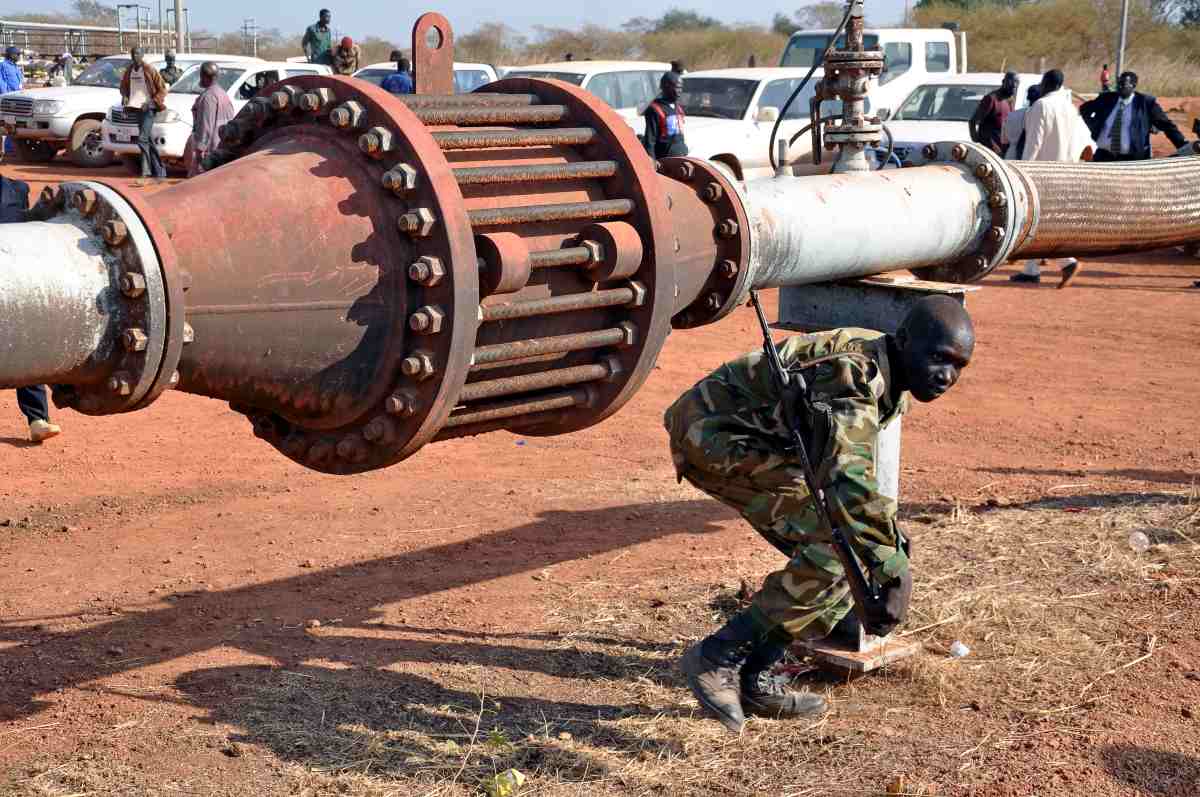A United Nations panel has accused South Sudanese officials of misappropriating billions in oil revenue since the country’s independence in 2011, leaving essential services like health care and education underfunded.
According to the report by the Commission on Human Rights in South Sudan, acting on behalf of the UN Human Rights Council, the state collected $25.2 billion in oil money, yet "hardly any money reaches essential services" in one of the world’s poorest nations.
The findings describe a pattern of deliberate exploitation. "Our report tells the story of the plundering of a nation," said Yasmin Sooka, chair of the commission.
She added: "It is driving hunger, collapsing health systems and causing preventable deaths, as well as fuelling deadly armed conflict over resources."
A key focus of the report is the "Oil for Roads" programme, meant to be a major development initiative.
Between 2021 and 2024 it received $2.2 billion, but $1.7 billion is "unaccounted for" because roads were either left incomplete, overpriced, or built to far lower standards than promised. The money was routed through construction companies owned by Benjamin Bol Mel.
Bol Mel has emerged as a rising political figure. He became vice-president in February and has been linked to companies that benefited from the road scheme.
The UN report came just one day after Bol Mel announced on X that he had been promoted to the rank of general in the National Security Service.
Commission member Carlos Castresana Fernandez highlighted the human consequences of the missing funds.
"The diversions are not abstract budget failures; they translate into preventable deaths, widespread malnutrition and mass exclusion from education," he said.
He urged international partners to clearly condemn the misuse of public resources.
The South Sudan government provided a lengthy response in the report, dismissing some of the findings and claiming the panel relied on "unverified information" from journalists, civil society, and UN agencies.
The report arrives amid political tension, as a fragile power-sharing deal between President Salva Kiir and former rival Riek Machar shows signs of collapse, raising fears of renewed conflict that previously killed 400,000 people.
Last week, Machar faced charges of treason and crimes against humanity linked to a March attack by an ethnic militia on a military base.
His supporters argue the charges are politically motivated and on Monday called for an armed mobilisation to achieve "regime change."

